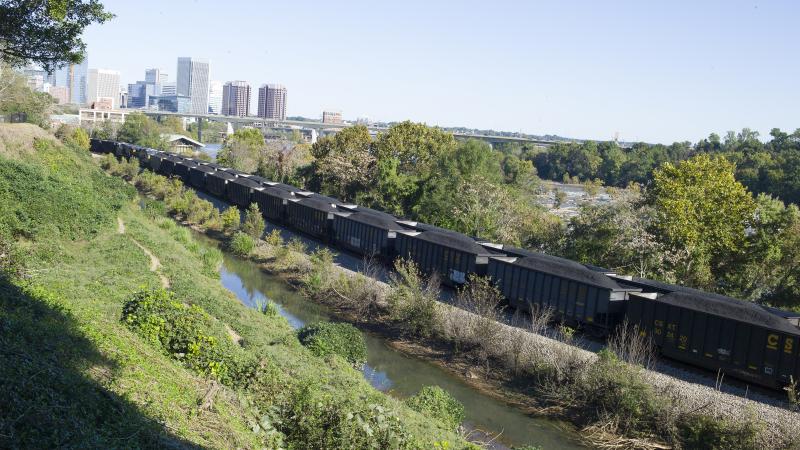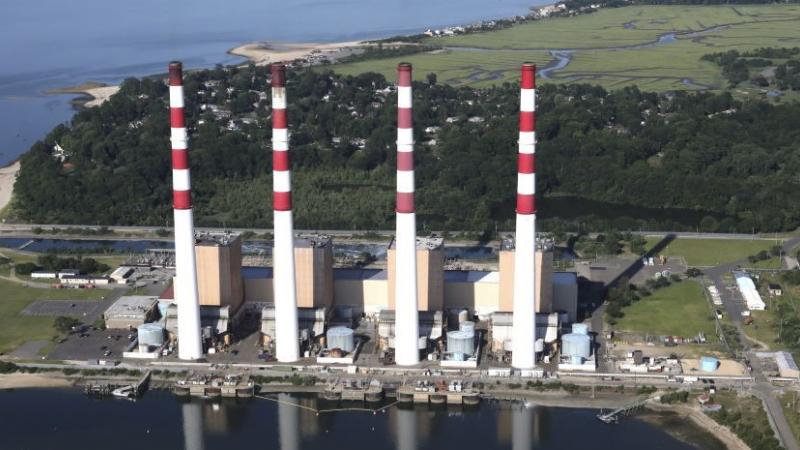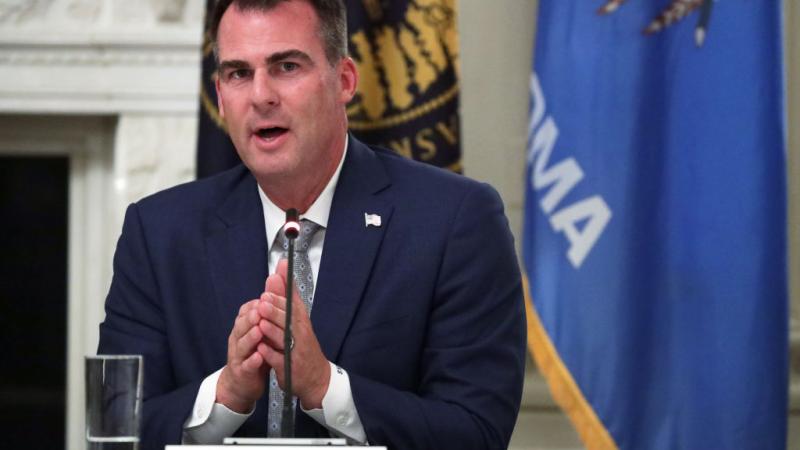Court ruling halts natural gas pipeline through New Jersey, New York
The U.S. Court of Appeals overturned federal approval of the $1 billion expansion of the Transco natural gas pipeline, which would run through sections of New Jersey and Pennsylvania with extensions stretching into southern New York.
(The Center Square) — A natural gas expansion project spanning portions of New Jersey, Delaware and New York was dealt a legal setback after a federal appeals court vacated the approval of the Federal Energy Regulatory Commission.
The U.S. Court of Appeals overturned federal approval of the $1 billion expansion of the Transco natural gas pipeline, which would run through sections of New Jersey and Pennsylvania with extensions stretching into southern New York.
The panel ruled that the Federal Energy Regulatory Commission overlooked studies that the market for expanded natural gas in New Jersey was low when it granted approval last year to the based company's project to expand its pipeline.
"The record estimates enormous GHG emissions from the project for the next half century," Judge J. Michelle Childs wrote for the panel in a 33-page ruling. "FERC disclosed the estimated emissions and its Social Cost of Carbon analysis. But it then walked away from the relevant issues with a fatalistic shrug."
The move was praised by green groups, which filed the challenge and argued the project was unnecessary and would sharply increase fossil fuel emissions and worsen the impacts of climate change.
Alison Mitchell, co-executive director of the New Jersey Conservation Foundation, said the ruling shows that "FERC wrongly green-lighted yet another unneeded fossil fuel infrastructure project that would cost New Jersey consumers $1B in increased rates."
In a statement, a spokesperson for Williams Cos. — Transco's parent company — said the court's ruling won't delay the pipeline expansion project.
"We believe the court erred in vacating the certificate and we are taking the necessary legal and regulatory steps to address the court’s concern and to ensure that this much-needed firm transportation capacity continues to be available to serve the needs of our customers without interruption," the statement read.
The American Gas Association blasted the decision and the court's conclusion that there was insufficient demand for natural gas even though 73% of the pipeline's capacity is pledged to natural gas local distribution companies and was 100% subscribed under long-term contracts.
Matthew Agen, AGA's chief regulatory counsel for energy, said the decision "sets a dangerous precedent by dismissing the reliability needs of local distribution companies to satisfy the demand for energy during critical periods, such as life-threatening winter events."
"We know for a fact that the project will improve overall reliability and diversification of energy infrastructure in the Northeast, ease pipeline constraints, and help address current challenges including increased natural gas prices during the winter months for consumers," he said in a statement.
The $1 billion Transco gas expansion project called for installing 36 miles of new pipeline, compressor stations, and other facilities to serve about 3 million customers, mostly in New Jersey but also in New York, Delaware and Maryland.
Industry officials have long argued that the Northeast's electricity market is strained, in part, by a lack of transmission lines to bring natural gas to power plants that are shifting from coal. Lack of capacity has led to higher energy bills.
Environmentalists argue that demand for gas is overstated and want state and federal officials to pursue solar, wind and other renewable energy sources to meet the region’s long-term needs.













